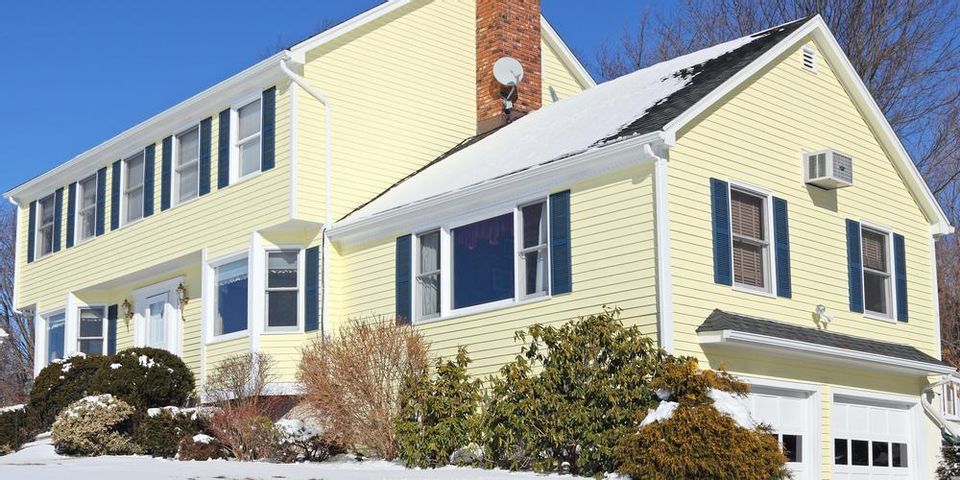
You likely use your water heater year-round. It’s necessary to wash your hands, do a quick round of dishes and clean your face first thing in the morning. Unfortunately, your water heater will have to work harder to facilitate these tasks in the winter. This is because the incoming water is colder, so the appliance requires more energy to heat it to comfortable levels — and like any water-utilizing device, it is subject to wear and tear. Here’s how you can address these problems.
Age
 There are two key factors that affect water heater operation. The first is the age of the appliance. A typical life span for a good water heater is 12 years, after which it begins to degrade, making it less capable of warming cold water quickly. If you’re noticing continuing trouble getting your water up to a comfortable temperature and you know your water heater has passed the decade mark, consider a repair or replacement.
There are two key factors that affect water heater operation. The first is the age of the appliance. A typical life span for a good water heater is 12 years, after which it begins to degrade, making it less capable of warming cold water quickly. If you’re noticing continuing trouble getting your water up to a comfortable temperature and you know your water heater has passed the decade mark, consider a repair or replacement.
Wear & Tear
Another important element that affects the performance of your water heater is the quality of your water. The more sediment in the incoming liquid, the greater the opportunity for damage in your water heater. Additionally, colder water can hold more sediment because it’s more viscous, making winter a time for increased wear.
In this case, call a plumber to discuss the viability of a water softener. This system will exchange the hard calcium and magnesium ions for a less corrosive alternative, often sodium. It may also leave your water with a cleaner taste.
You don’t have to be a specialist to get a few of the basics of in-home plumbing down. These tips will help you maintain a better functioning water heater and keep your rates down. When you do need the professionals, contact Flo-Rite Plumbing, Inc. servicing the greater Flathead Valley. Call (406) 257-6897 to schedule an appointment for an inspection, or visit their website for more information and a list of services including drain cleaning and toilet repair.
About the Business
Have a question? Ask the experts!
Send your question

